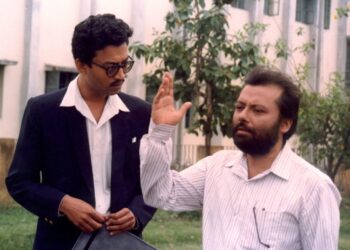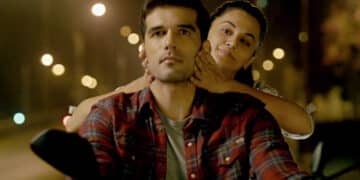Stephen King, the undisputed king of the horror genre, has had several of his stories adapted into films. Carrie, his first novel, was converted into a picture barely two years after its initial publication in 1974, and the pattern has continued unabated since, with many King novels adapted for cinema.
These efforts, as fans of the author will know, were more often misses than hits. There are significant exceptions, like The Shawshank Redemption from 1994, but they just establish the overall rule: King films are frequently bad. Or, to put it another way, they were awful.
Things have improved recently, and we’ve recently seen some fantastic films and television programmes based on King’s material. There’s plenty of reason for fans to be enthusiastic in the coming years, and what better way to do it than by looking back at the top 10 King film adaptations of the last decade.
Table of Contents
1. Carrie (2013)
Since Carrie was King’s first novel and the first to be adapted into a film, there’s no better place to begin than with the fantastic 2013 remake. In essence, the plot is about retribution, as Carrie White uses her telekinetic abilities to take cruel vengeance on those who have mistreated her.
Despite her violent deeds, in the end, the primary character, skillfully performed by Chloe Grace Moretz, evokes strong feelings of pity. With her portrayal of Carrie’s mother, Julianne Moore completes a great cast, demonstrating that the strength of King’s storey is always in its characters.
We are given a devastating portrait of the girl’s turbulent teenage years that is both relatable and all too easy to believe. Carrie’s telekinesis is imaginary, but her troubles with bullying at school, domestic violence and mental illness, and a general desire to fit in are all too real and realistic.
Kimberly Pierce, one of Hollywood’s few notable female directors, displays her worth with each scene’s depth of delicacy and nuance. But make no mistake: this is a horror novel at its core, and the blood-soaked concluding scenes confirm that this is classic King.
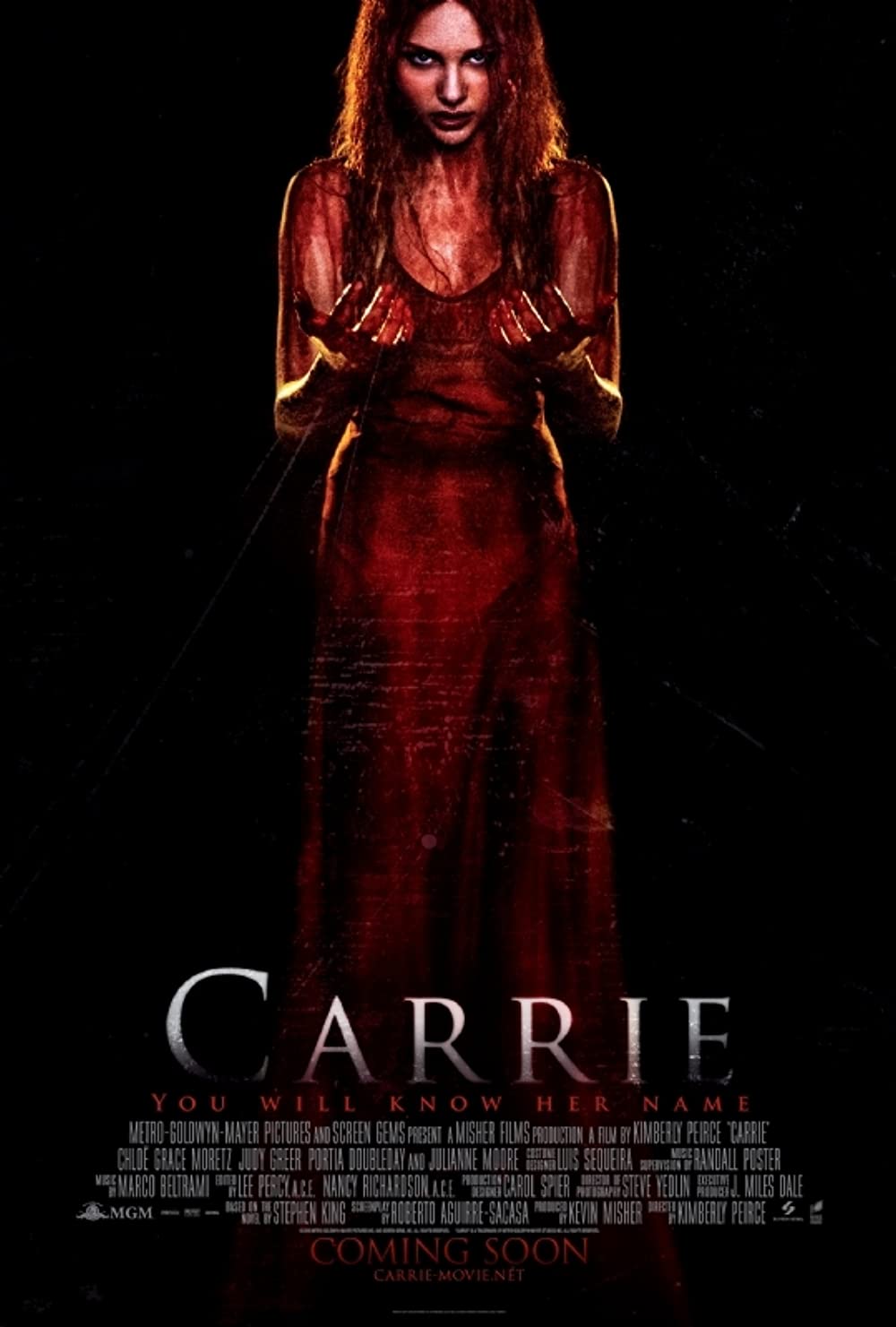
2. Mr Mercedes (2017)
In his 62nd novel, King took a different approach, abandoning the supernatural in favour of a plain detective thriller. Mr Mercedes has no fantastical elements; instead, it has excellent characters, a compelling plot, and a viscerally frightening opening sequence. These aspects are prominent in the popular 2017 television series, presumably because this type of character-driven investigative plot lends itself well to episodic storytelling.
Detective Bill Hodges is unable to solve the case when Brady Hartsfield murders several people by driving a Mercedes sedan into a gathering of job seekers one frigid morning and then vanishes without a trace. Later, after retirement, he receives a series of signals from the killer, prompting him to resume the quest, this time without the burden of a badge.
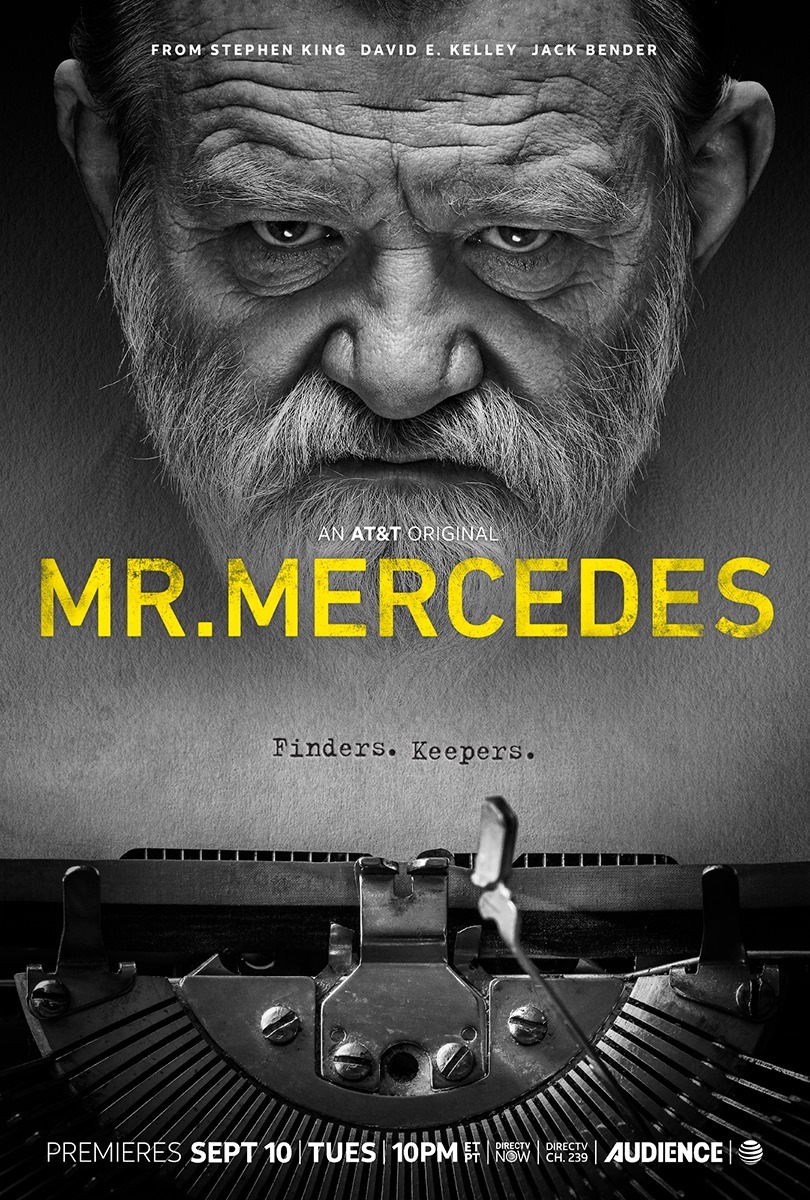
Starting with a boom like this is a hazardous choice because everything that follows could be anticlimactic, but Mr Mercedes avoids this fate thanks to its colourful ensemble of characters and a plot that moves along quickly and engages the audience. Although the plot is rather basic and bordering on predictable, it succeeds excellently in terms of pure enjoyment.
3. 1922 (2017)
Full Dark, No Stars, Stephen King’s collection of four short stories published in 2010, was well appreciated by fans. Not unexpectedly, three of these stories have been adapted for the cinema, with 1922 being the best of the group.
The departure from the contemporary setting, not something King does very often, works well in narrowing the focus of the plot to the most critical aspect – the main character’s descent into insanity, which was released as a Netflix exclusive and backed up by an impressive 91 per cent Rotten Tomatoes rating. Wilfred James is holed up in a motel, the threat of rats in the walls, and his guilty conscience compelling him to recount his gruesome narrative of spousal murder and how the lethal dead cost him his unwitting partner — his kid.
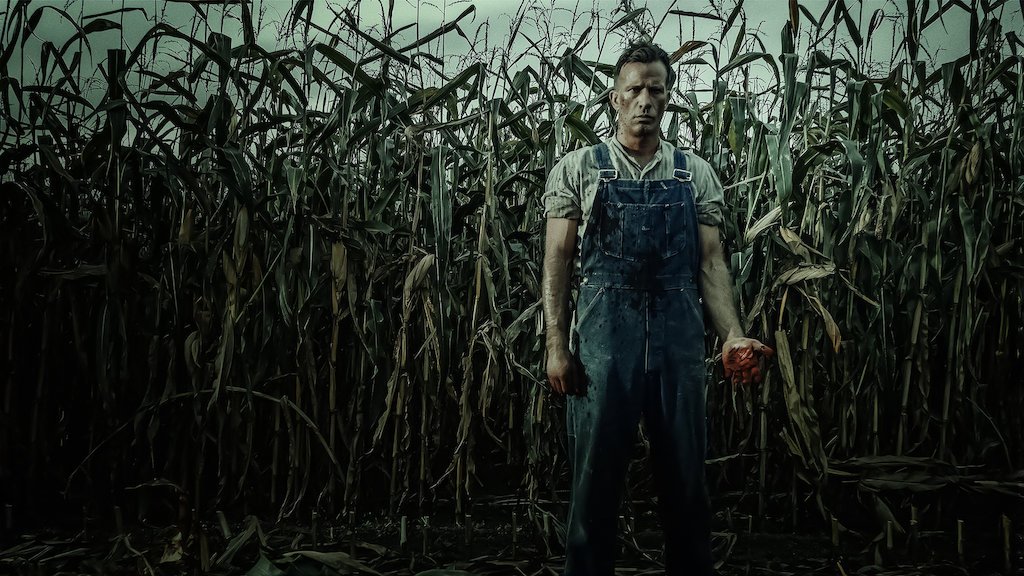
The plot unfolds as a slow-burn psychological thriller, but the strong character development quickly draws the viewer into the storey, and there are plenty of hair-raising moments to remind one that Stephen King knows exactly how to mesmerise and terrorise as he spins a yarn, whether in book or film form.
4. Pet Sematary (2019)
One of King’s more startling pieces, Pet Sematary, deals with the subject of death and resurrection. The book was adapted into a film in 1989; however, even though the author wrote the screenplay, the film was a flop. The plot was resurrected in a 2019 reboot, and this time it is vastly improved.
One of the individuals in the novel states that “sometimes dying is better,” but this is not one of those times. The movie has returned from the grave transformed, but mainly for the better, like the things buried in the titular pet Sematary. That’s not to suggest the film was well-received or that it’ll go down as a horror classic. It only shines compared to the prior effort and as a faithful adaptation of a terrific story that goes all out to terrify.
While some of this power is lost in the film, there are some smart foreshadowing and a couple of heart-stopping moments, as well as John Lithgow’s impressive performance as Judd Crandall, the ageing neighbour who puts everything in motion. King compares his stories to fast food: they aren’t fancy, but they satisfy a need. The same may be stated about this film. Its primary purpose is to entertain, and it accomplishes this mission admirably.

5. In the Tall Grass (2019)
Stephen King and his son, Joe Hill, collaborated on the novella In the Tall Grass. Hill is known among horror fiction fans for upping the ante when it comes to the shock factor, and his books are among the scariest on the market. In the shadow of his legendary father, he appears to go out of his way to separate his approach, and it is likely this effective collision of two distinct approaches that drew seasoned director Vincenzo Natali to this project.
The film follows a brother and sister on a cross-country road trip who are enticed into a field of tall grass in the middle of nowhere. Natali skillfully uses his signature visual-poetry style to impart a deep sense of foreboding and nervous expectancy to events.
From there, it devolves into the typical thrills and spills of the genre as the film follows the novella’s overall storyline, becoming increasingly bizarre as it progresses. Any structural errors here, however, can be attributed to the plot being experimental cooperation that may symbolise the passing of the baton from one King to another, rather than to the film itself.

6. Doctor Sleep (2019)
The Shining, a 1980 film directed by Stanley Kubrick, had both positive and negative reviews, depending on who you asked. Fans of the book, including Stephen King, despised the film because, while some license-taking is to be expected, Kubrick changed not only key plot elements but also the general tone of the story. King may have had bigger aspirations for the film adaptation when he created a sequel in 2013. Luckily for him, Mike Flanagan picked up the project and delivered an exceptional film in the 2019 screen adaptation of Doctor Sleep.
The direct sequel follows a grown-up Danny Torrence as he confronts his psychic talents in a trip that inevitably leads him back to the location of his boyhood nightmare – The Overlook Hotel – Flanagan has the difficult task of uniting the competing visions of King and Kubrick. One example of the difficulties Flanagan faced in marrying the two in a single film is that the place was destroyed in the novel but not in the film adaptation of The Shining, and he succeeds excellently, catering to both sets of fans as well as horror fans in general.
With outstanding performances by Ewan McGregor and Rebecca Fergusson, this is one of the best King adaptations ever seen on the big screen.

7. IT: Chapters 1 & 2 (2017 & 2019)
Yes, this is technically two for the price of one, but since the current film adaptation of King’s famous horror novel is a single plot divided only for the sake of convenience, they can’t be separated and thus appear as one on this list. Given the book’s enormous length, a single film adaptation will never work, which is why the last attempt to televise the storey took the shape of a miniseries back in 1990.
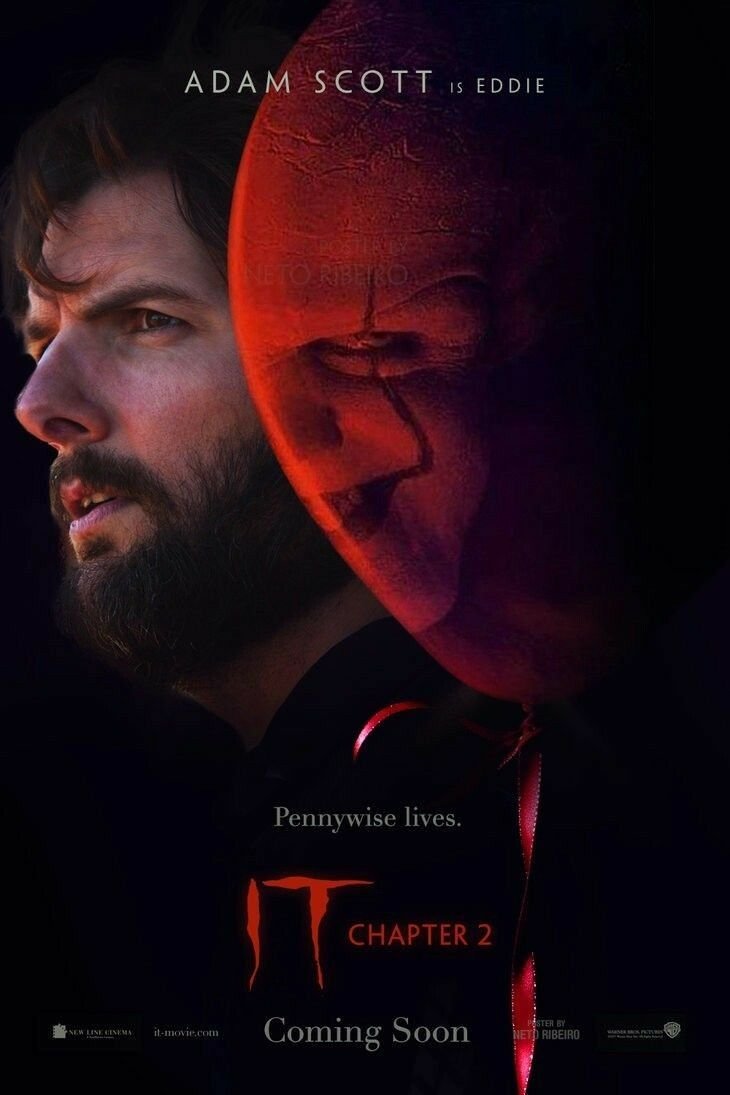
Needless to say, it wasn’t amazing, even if it did introduce a whole new generation to Pennywise, the murdering clown. And now, thanks to the efforts of Andres Muschietti, we have a cinematic adaptation that finally does the terrifying story justice. If you’ve read the novel, you’ll know that its attraction extends much beyond a horrific plot. Within, we find an engrossing narrative of childhood friendships, bullying, abuse, loss, toxic family relationships, and banding together to battle our demons through the power of love. When one of the demons is an actual shape-shifting monster, this is less cheesy than it seems.
King is notorious for his clunky endings, and the one in IT is not just clunky but also weirdly obscene. Thankfully, the film alters it, removing the elements of underage intercourse and opting for a more traditional ending, which even the author acknowledges is a significant improvement.
8. Gerald’s Game (2017)
Mike Flanagan’s great work on Doctor Sleep has previously been noted, and now we have proof that it wasn’t the first time he did miracles with a King story that wasn’t precisely film-friendly. Gerald’s Game, one of King’s least popular novels, was never a probable contender for a film adaptation.
The majority of the plot unfolds through internal dialogue, visions, and flashbacks in a single room, with the protagonist tied to a bed. However, as a lifetime King fan who had long promised to take on the project, Flanagan brings all of his skills to bear on this terrific 2017 film. The director is well aware of the plot constraints he faces. Rather than altering important sections as many others would, he opts to use some outstanding cinematic techniques to accentuate the novel’s sense of isolation and confinement.
Many believe Gerald’s Game unravels in the final third, demonstrating King’s incapacity to conclude a storey to the reader’s satisfaction. But, committed as he was to a faithful reproduction, Flanagan keeps to the screenplay and executes it flawlessly, creating Gerald’s Game not only a great film but also a perfect tribute to the source material, as it was meant.

9. The Outsider (2020)
Following the popularity of the Bill Hodges trilogy (of which Mr Mercedes was the first episode), King reintroduced several of the same characters in his 2018 novel The Outsider. Naturally, HBO snatched it up two years later and turned it into a series. While Mr Mercedes is a pure detective storey, The Outsider combines elements of crime and horror fantasy in a more conventional King fashion, and despite being cancelled after just one season, the series gained considerable acclaim.
The plot revolves around a mysterious, shape-shifting creature who performs heinous murders while posing as ordinary citizens, leaving the victims to face the fallout. Terry Maitland, played by Jason Bateman, is one of them, and his efforts to clear his name eventually lead to a meeting with the terrifying beast. He enlists the help of Holly Gibney, the lady who famously halted Mr Mercedes in his tracks, along the way.
Each episode is unique and entertaining, and it builds to a satisfying finish. There were no plans for a second season after season one wrapped up the story’s events. The recent publication of Stephen King’s short tale If It Bleeds, which is a direct sequel to The Outsider, offers us reason to believe that a second season is now conceivable.
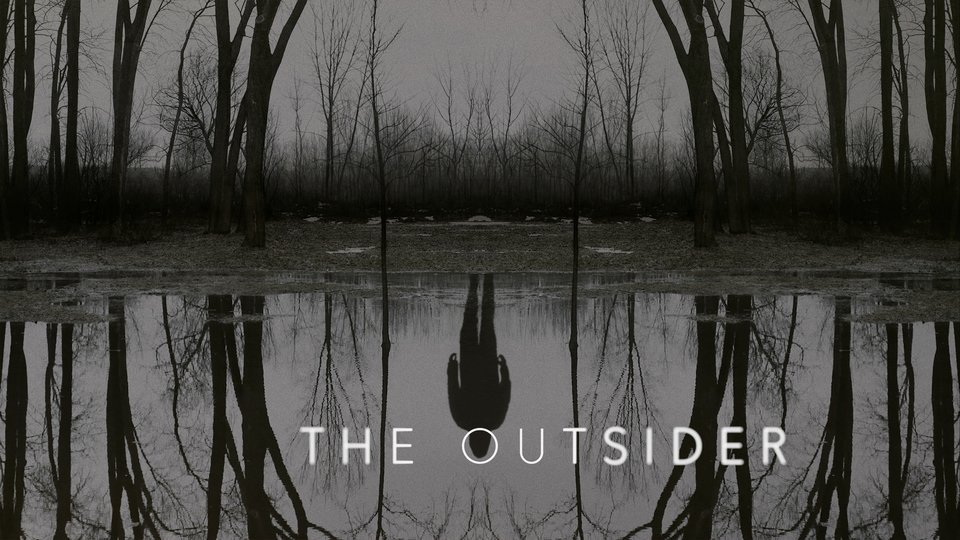
10. The Stand (2020)
Fans of Stephen King would have been ecstatic to learn about the upcoming miniseries based on the author’s epic 1978 novel. Not because it deals with a pandemic (which it does), or because the previous television adaptation in 1994 was bad (which it was), but simply because The Stand is a genuinely fascinating novel with unforgettable characters, making it a good choice for a TV series adaptation.

Josh Boone and Benjamin Cavell obliged, and the result is every bit as interesting as fans had hoped, thanks to a terrific cast and King himself serving as a consultant. However, when I say fans, I’m referring to readers of the book. A nine-part miniseries, no matter how long the novel is, was always going to leave things out, and the main disappointment here is that the plot wasn’t extended into numerous seasons.
The novel’s linear structure and character evolution are both essential elements. The series’ makers chose a perplexing past/present change a la Lost, which is precisely how anyone unfamiliar with the novel must have felt during the first few episodes of The Stand. However, these are minor gripes. Even newcomers will be lured in, and the wide cast of characters and ongoing intrigue make this a fantastic cinematic adaptation of one of Stephen King’s best works.
Also Read: Nescafe Basement’s best tracks that you must have in your playlist





